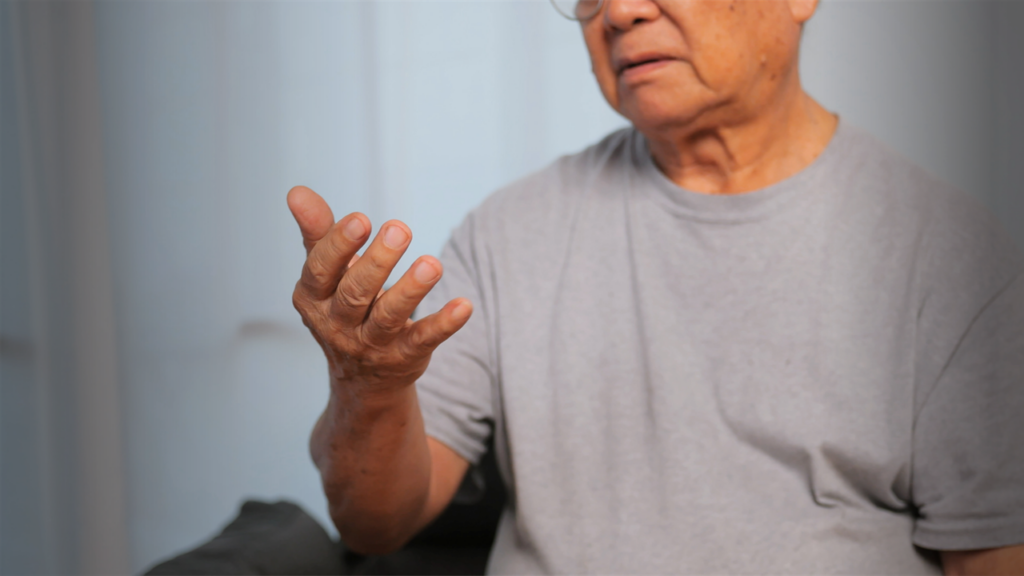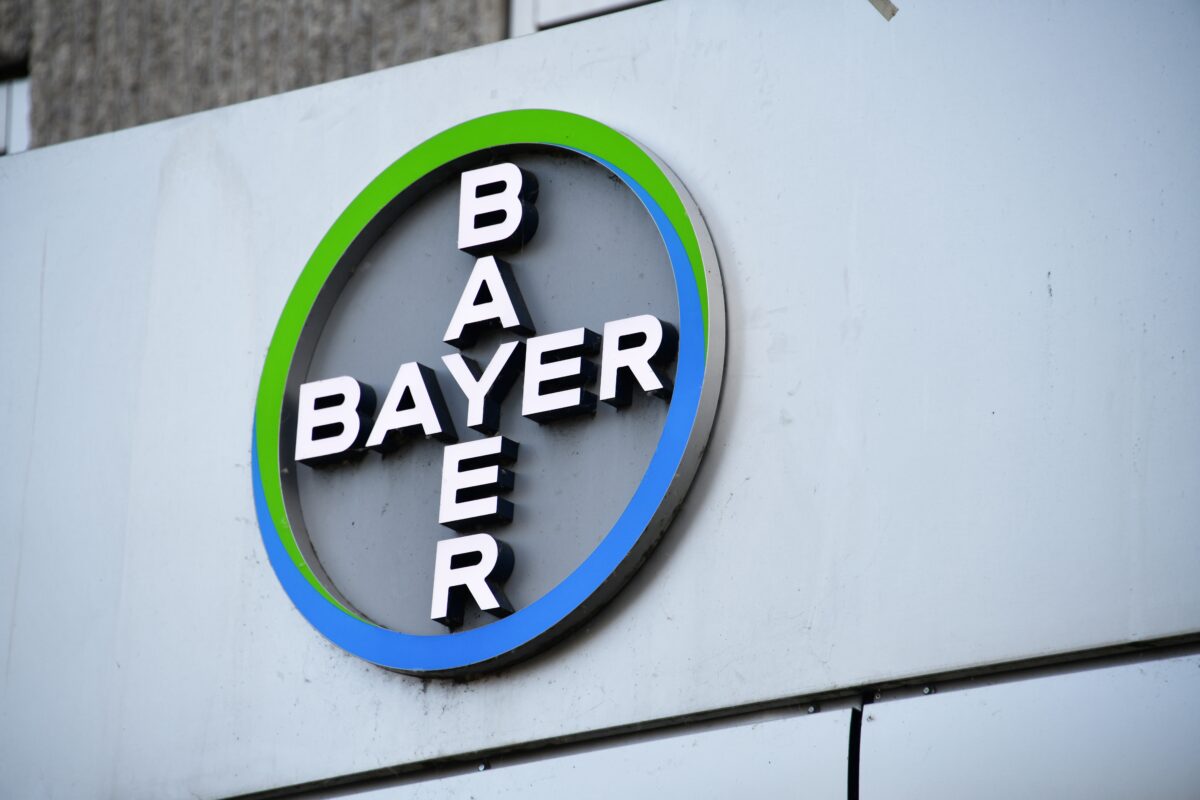AbbVie recently reported positive topline results from its pivotal Phase III TEMPO-1 trial, evaluating tavapadon as a monotherapy for early Parkinson’s disease.
Tavapadon was added to AbbVie’s neuroscience portfolio through its $8.7 billion acquisition of Cerevel Therapeutics in August 2024. Tavapadon is an investigational D1/D5 dopamine receptor partial agonist studied as a once-daily treatment. According to GlobalData, tavapadon could generate up to $673 million in revenue by 2030.
By targeting the dopamine D1/D5 receptors, tavapadon aims to raise extracellular brain acetylcholine (ACh) levels, and potentially improve cognitive function. This mechanism of action addresses both motor and non-motor symptoms characteristic of Parkinson’s disease.
XTALKS WEBINAR: Operationalizing Innovative Biomarkers to Support Evolving Therapeutic and Diagnostic Landscape for Neurodegenerative Diseases
Live and On-Demand: Wednesday, October 23, 2024, at 11am EDT (4pm BST/UK)
Register for this free webinar to learn how a holistic understanding of the disease pathology of Alzheimer’s disease, Lewy body dementia and more — in both diagnostics and drug development — can drive accelerated therapies to patients in need.
The TEMPO-1 trial evaluated the efficacy, safety and tolerability of two fixed doses of tavapadon (5 mg or 15 mg), taken orally once daily, compared to placebo in adults with early Parkinson’s disease. 529 adults aged 40 to 80 with a confirmed Parkinson’s diagnosis of less than three years participated. The study employed a double-blind, randomized, placebo-controlled design over 27 weeks to assess tavapadon’s impact on Parkinson’s motor function.
The study met its primary endpoint: patients treated with tavapadon experienced a statistically significant improvement from baseline compared to placebo in the Movement Disorder Society – Unified Parkinson’s Disease Rating Scale (MDS-UPDRS) Parts II and III combined score at week 26. The MDS-UPDRS scale measures motor symptoms, with Part II assessing daily living activities and Part III evaluating motor skills. Scores range from 0 to 184, with lower scores indicating improved motor function.
The placebo group showed an increase of 1.8 points, while the 5 mg and 15 mg tavapadon groups demonstrated decreases of 9.7 and 10.2 points, respectively (p-value <0.0001 for each dose versus placebo).
In addition, the trial met its key secondary endpoint, showing a clinically meaningful improvement in motor aspects of daily living (MDS-UPDRS Part II) in both tavapadon groups versus placebo at week 26. These results build on the Phase III TEMPO-3 adjunctive trial, where adding tavapadon to levodopa extended patients’ “on” time by 1.1 hours without dyskinesia, based on a two-day average from the self-completed Hauser diary, compared with placebo (1.7 hours vs. 0.6 hours, p <0.0001).
The TEMPO clinical development program includes three Phase III trials: two monotherapy trials (TEMPO-1 and TEMPO-2) and one adjunctive trial (TEMPO-3), along with an open-label extension trial (TEMPO-4) to evaluate long-term safety.
Full results from TEMPO-1 will support future regulatory submissions, and topline data from TEMPO-2, evaluating tavapadon as a flexible-dose monotherapy, is expected by the end of 2024.
Early this year, AbbVie launched Produodopa (foslevodopa/foscarbidopa) for advanced Parkinson’s disease in the European Union (EU) underscoring its commitment to a full spectrum of care. The company’s pipeline also features other candidates in Phase II trials targeting neurodegenerative indications, such as Alzheimer’s disease, schizophrenia, epilepsy and more.












Join or login to leave a comment
JOIN LOGIN